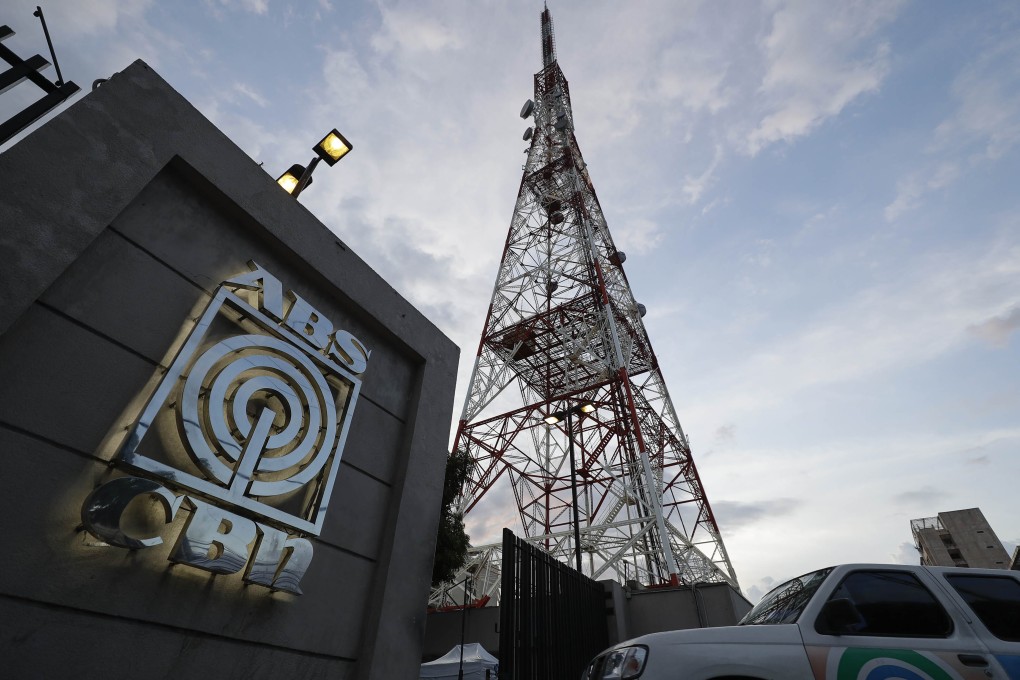Philippines government orders top broadcaster ABS-CBN to halt operations
- ABS-CBN’s 25-year licence expired on Monday, but officials had previously given assurances the conglomerate would be allowed to operate provisionally
- Several major media outlets in the Philippines have battled with President Rodrigo Duterte and then suffered the consequences

The Philippines’ top broadcaster ABS-CBN on Tuesday was ordered off the air over a stalled operating licence renewal, drawing fresh charges that authorities were cracking down on press freedom.
ABS-CBN’s 25-year licence expired on Monday, but officials had previously given assurances the radio, TV and internet goliath would be allowed to operate provisionally.
However, the National Telecommunications Commission’s cease and desist order cited the expiration and gave the outfit’s operators a chance to explain why it should be allowed to keep broadcasting.
“Millions of Filipinos will lose their source of news and entertainment ... when people need crucial and timely information as the nation deals with the Covid-19 pandemic,” the media giant said in a statement.

03:01
Company President Carlo Katigbak appealed to people to let their feelings on the closure be “felt, expressed and heard” for the benefit of the network’s more than 11,000 employees and millions of Filipinos who he said need the network’s services “specially now in the worst time of sickness and hunger”.